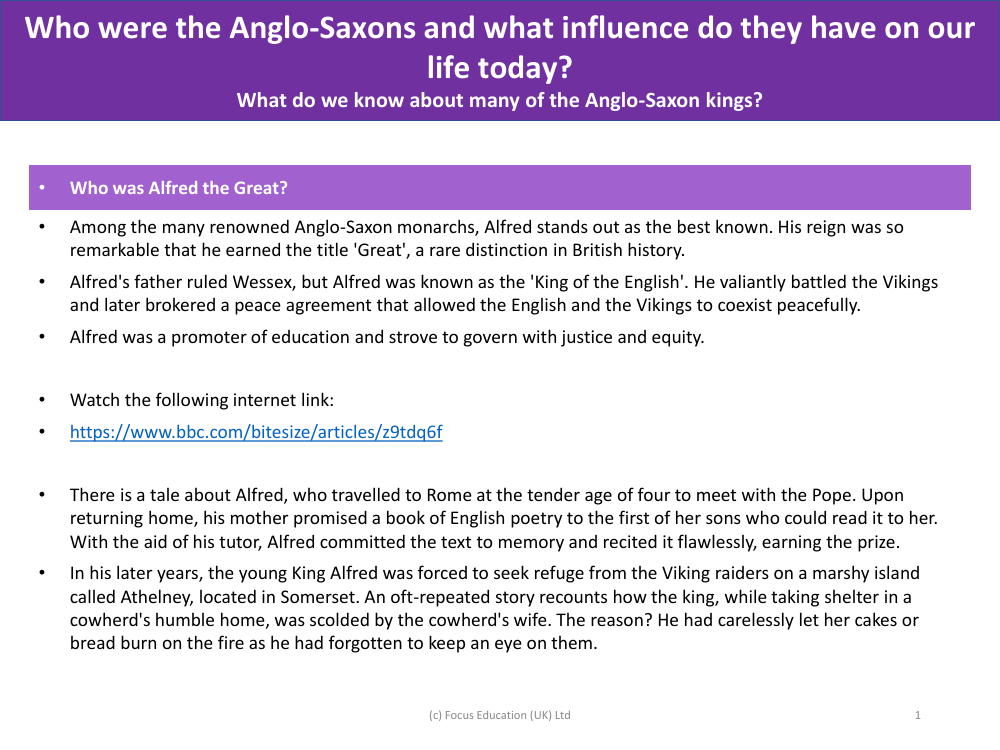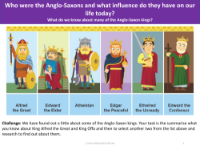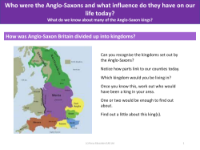Who was Alfred the Great - Info Pack - Year 5

History Resource Description
Alfred the Great is a name that resonates through British history as one of the most distinguished Anglo-Saxon kings. His father was the ruler of Wessex, yet Alfred's legacy extended beyond, earning him the title 'King of the English'. His tenure was marked by heroic resistance against Viking invaders, culminating in a peace treaty that allowed for harmonious coexistence between the English and the Vikings. Alfred's commitment to learning was profound; he was not only an advocate for education but also a ruler who sought to lead with fairness and justice. An interesting anecdote from his childhood reveals that Alfred, at the age of four, visited Rome to meet the Pope and later won a book of English poetry from his mother by being the first of her sons to memorise and recite it, with assistance from his tutor.
Alfred's ascension to the throne occurred in 871 AD after his brother's death, and his reign was distinguished by wise counsel from the Witan, a group of noble and ecclesiastical advisors. He was passionate about making knowledge accessible, translating books from Latin to English and commissioning the Anglo-Saxon Chronicle to document contemporary events. To protect his realm, Alfred innovated by building fortified towns known as 'burhs' and constructing a fleet to ward off Viking threats. His military strategy included a rotating system where half of his army would manage their farms while the other half stood ready for combat. After a reign that left an indelible mark on English history, Alfred passed away in 899 AD and was interred in Winchester, the capital of his kingdom.






